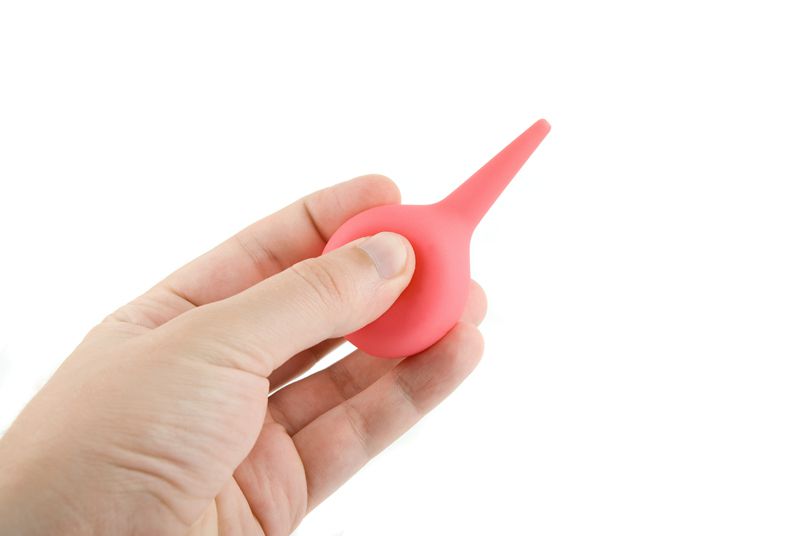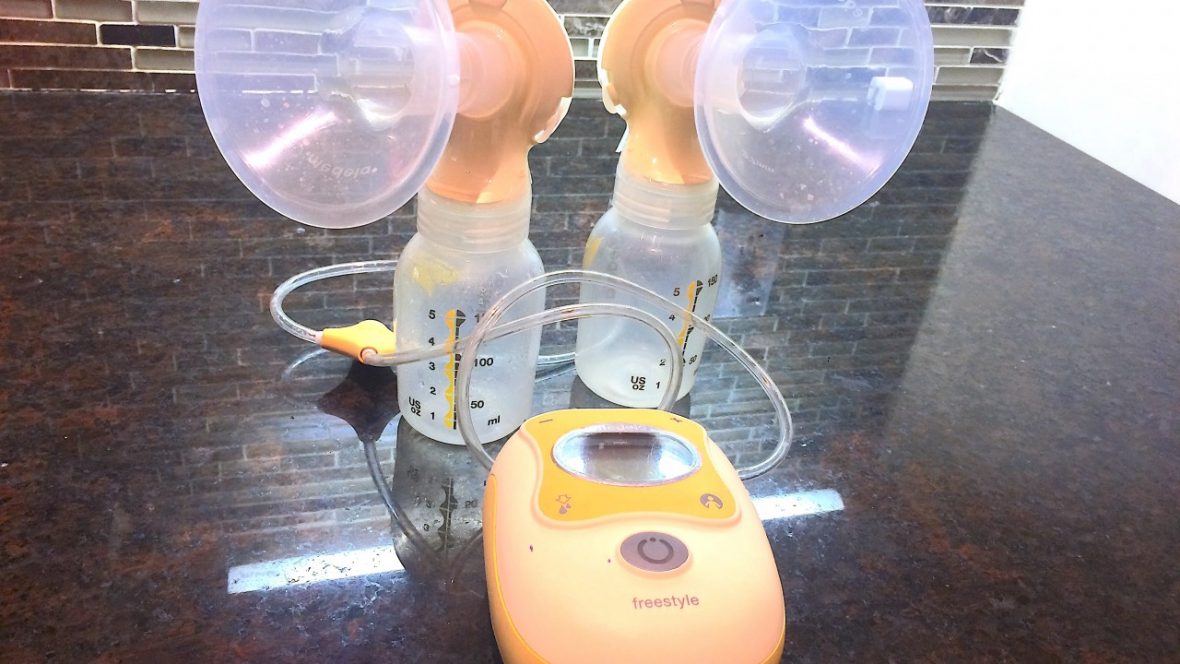 One of the main things a new mom needs is a breast pump. Even if she doesn’t work outside the home, there are so many ways a breast pump can mean the answer to an emergency or simply avoiding a headache…or a nap! The ability to pump and store your milk ahead of time is essential for allowing you some “me time”, which every mom needs to have in order to be her best; also, it allows Dad and others time to care and bond with baby. Additionally, there will be times when you might be sick or on medication and your milk can’t be drunk—but pre-pumped milk can still feed your child, while you continue to express the undrinkable milk with the pump. Pumped milk allows Dad to feed the baby at night, too!
One of the main things a new mom needs is a breast pump. Even if she doesn’t work outside the home, there are so many ways a breast pump can mean the answer to an emergency or simply avoiding a headache…or a nap! The ability to pump and store your milk ahead of time is essential for allowing you some “me time”, which every mom needs to have in order to be her best; also, it allows Dad and others time to care and bond with baby. Additionally, there will be times when you might be sick or on medication and your milk can’t be drunk—but pre-pumped milk can still feed your child, while you continue to express the undrinkable milk with the pump. Pumped milk allows Dad to feed the baby at night, too!
Qualities of a Good Breast Pump:
- Effectiveness. This is how well that particular pump can draw milk from a breast. Normally, a pump whose vacuum strength and cycling speed (sucks per minute) are closest to mimicking that of a nursing child’s work best.
- Pumping Type. Some pumps are single-sided, meaning you can only pump one breast at a time, either manually or electrically. Double-pumping saves time and stimulates more milk production.
- Comfort. Anytime a pump is uncomfortable, it will be difficult to use. Being tense from pain or discomfort will lessen the flow and duration of milk. Make sure the speed and strength are adjustable so you can put it exactly where you feel best.
- Portability. Some models are bigger and bulkier but are very powerful; lightweight models not so much, but they’re more portable. Also, a carrying case, a cooler compartment for storing the expressed milk, and extra accessories and replacement parts are all things to consider.
- Power. Electric models can be powered by a few means, such as AC adaptor, battery power and even car adaptors. Choose a power source that will have a multitude of ways to charge, meaning you can use it in a multitude of places. Think about your habits: will you be traveling a lot? Alternative power such as that of rechargeable batteries is not a bad idea. Others are manually-powered, which can be a bit tiresome, but can do the trick in a pinch.
- Noise. If you want to pump at work or other semi-public place, a loud motor can be embarrassing or cause problems. Choose a pump whose motor runs smoothly and discreetly.
- Durability. Every breast pump is designed to do a certain amount of milk pumping; some are for infrequent use as a back-up, while others are made to be a work-horse, everyday model. Select a pump that is appropriate for your situation.




